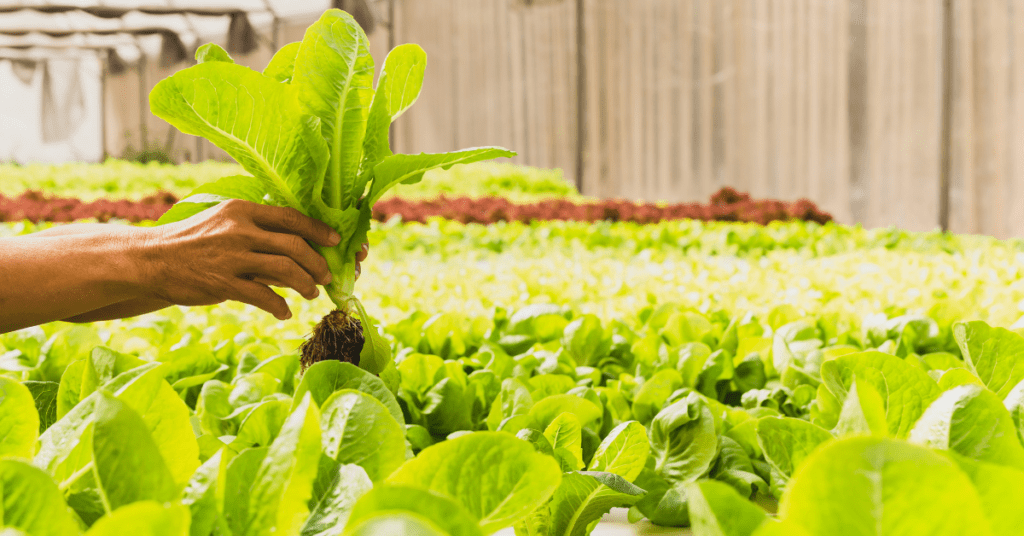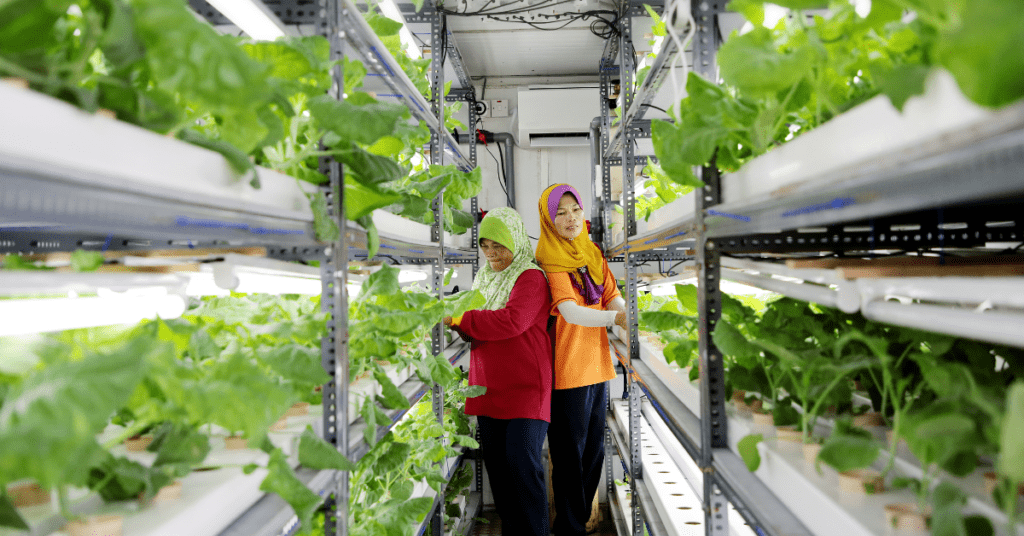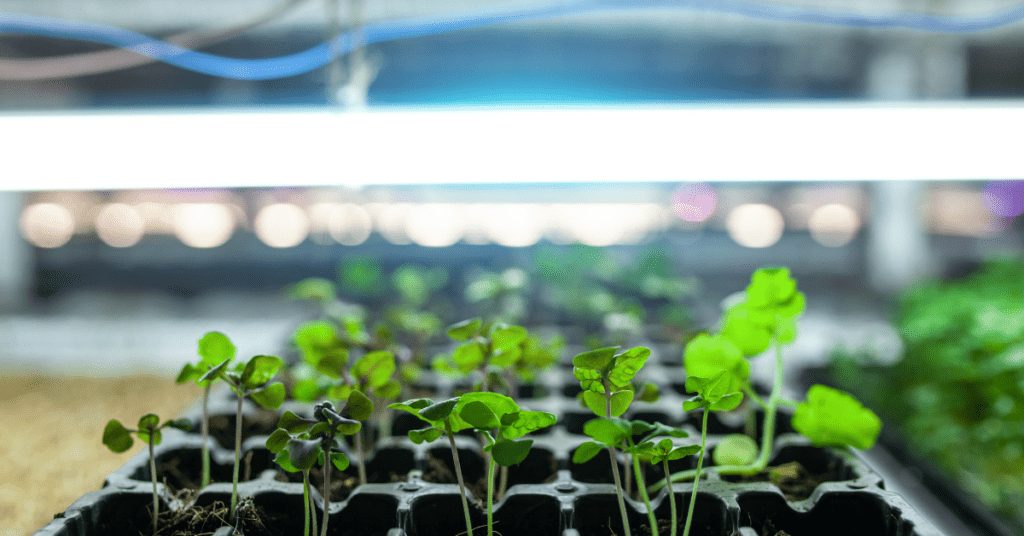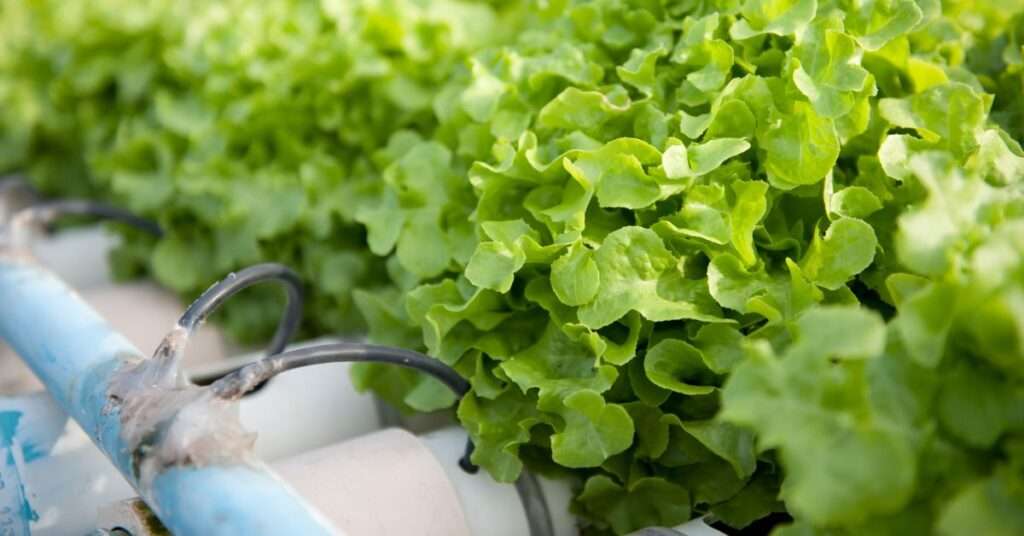A Day in the Life at Offgrid Rajasthan
What Our International Guests Experience in the Heart of Rural India 🌍🇮🇳 “You think you’re visiting a village. But by the time you leave, you realise the village visited your soul.” Nestled in the peaceful countryside of Kotputli, Rajasthan, lies a place where tradition, nature, and human connection come together — Offgrid Rajasthan. This year marks the beginning of something truly special — the launch of our Indian Student Cultural Exchange Program, designed especially for international students and travelers who seek not just to visit India, but to live its essence. For the first time ever, we are opening our doors and hearts to global guests, offering them a transformational experience of India’s rural life — an experience that blends sustainability, learning, and cultural immersion into one unforgettable journey. Morning: Waking Up to Simplicity and Song Your day begins with the golden sunrise spilling across mustard fields, the calm interrupted only by the soft murmur of cows, chirping birds, and the rhythmic clang of a distant temple bell. No alarms. No traffic. Just peace. Inhale the scent of ginger-infused chai bubbling over a clay stove. Your breakfast is a traditional spread of hot parathas, tangy pickle, fresh curd, and seasonal fruits, eaten cross-legged under open skies. Guest Reaction:“It’s the first time I watched the sunrise with my hands wrapped around a cup of chai, surrounded by silence and birdsong. I’ve never felt more grounded.” Late Morning: A Dive into Village Life Village Work Post breakfast, it’s time to step into the shoes of a local. Whether it’s helping repair a mud wall, carrying water from the hand-pump, or feeding the animals — each task teaches mindfulness, humility, and respect for manual labor. Tractor or Cart Ride Feel the wind on your face as you ride through expansive fields on a tractor or traditional bullock cart. The ride is bumpy, dusty, and absolutely delightful. Cycling Through Village Trails Grab a cycle and ride past mud homes, waving children, and fragrant marigold garlands. Every turn offers a new glimpse into daily life — women carrying pots on their heads, men preparing fields, kids flying kites. Tree Plantation Each guest plants a sapling — a living memory of their connection to this land. It’s our small way of giving back to Mother Earth. Midday: Learning Without Walls School Visit Visit a local village school where learning is vibrant and values are deep-rooted. Students greet you with bright eyes and warm smiles. Exchange songs, share languages, and talk about dreams — it’s a heartwarming cultural dialogue. “One of the kids asked if we had mango trees where I come from. When I said no, he offered me one from his tiffin box.” Early Afternoon: Market, Meals, and More Shop Like a Local Step into the vibrant chaos of a village market. Learn the art of bargaining in Hindi, try your hand at weighing vegetables using traditional scales, and maybe pick up a colorful kurta stitched by local artisans. Traditional Cooking Back at Offgrid, roll up your sleeves and learn to cook traditional Rajasthani dishes using earthen pots, open fire, and age-old techniques. Together, you cook. Together, you eat. It’s not just a meal — it’s a celebration. Afternoon: Connecting With Earth Milking the Cow Try your hand at milking cows under the supervision of our friendly farm team. Understand how dairy works in the village, and the value of every drop. Hydroponics & Sustainable Farming Explore our hydroponic units and learn about soil-less farming and how India is embracing sustainability in agriculture. Participate in sowing seeds, composting, and nurturing crops using organic methods. Fruit & Vegetable Picking Basket in hand, you’ll harvest the freshest brinjals, tomatoes, and guavas right from the farm. Understand how the food you eat grows, and what “farm-to-table” really means. Evening: Rajasthan Comes Alive Pottery Workshop Experience the magic of mud as you create your own clay pot or diya under the guidance of skilled village potters. Mehendi & Art Let local artists adorn your hands with intricate mehendi designs while explaining the symbolism behind the patterns — from celebration to fertility to protection. Folk Music & Dance As dusk sets in, the real soul of Rajasthan awakens. Women in vibrant ghagras sing folk songs passed down through generations. Men beat drums and play the algoza while guests are invited to dance and celebrate. “I didn’t know the steps. I didn’t speak the language. But somehow, I danced like I belonged.” Night: Reflection, Firelight & Folklore Folktales by the Fire Under a starlit sky, we gather around the fire. Through tales of valor, love, and mythology, Rajasthan’s spirit reveals itself. Guests share their reflections, laughter, and sometimes, even tears. “Tonight, I realized this journey is not just about learning a new culture. It’s about unlearning what I thought life had to be.” Why You Should Join This program is launching for the very first time in 2025 — and you could be among our first batch of international guests to experience the real India. By joining, you’ll: Accommodation & Facilities Guests stay in lodges designed to offer comfort while maintaining closeness to nature. Organic meals, clean water, basic essentials, and loving hospitality are all part of the Offgrid experience. We offer an environment that’s safe, nurturing, and welcoming — perfect for students, cultural explorers, and sustainability enthusiasts alike. 🌟 Come Be a Part of Our First Chapter 2025 marks the beginning of our Indian Student Cultural Exchange Program, and we are thrilled to invite students from across the globe to be part of our founding story. Whether you’re a traveler, a student, a sustainability lover, or simply someone looking for something real — Offgrid Rajasthan is calling you. For inquiries and registrations, contact us at: 9313175332Location: Kotputli, Rajasthan, India










